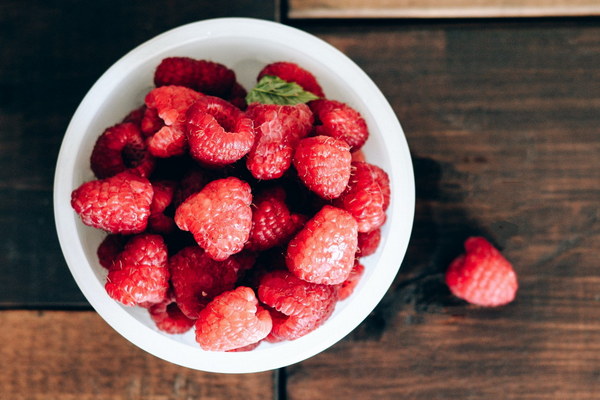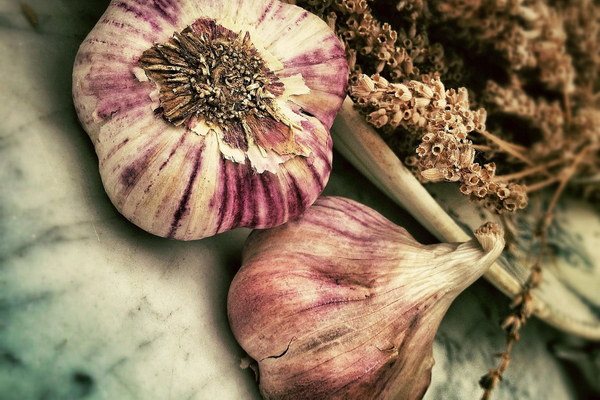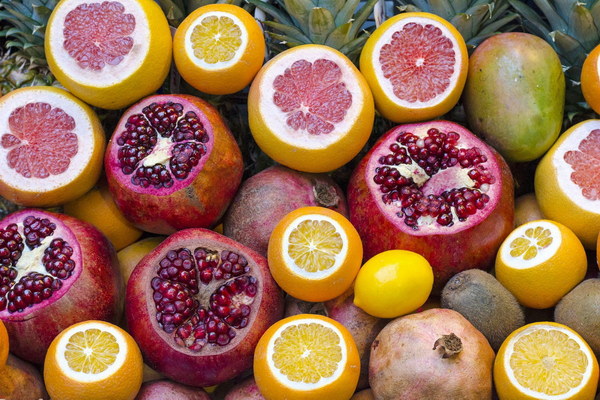Natural Nutritional Remedies for High LH Levels A Comprehensive Guide
Natural Nutritional Remedies for High LH Levels: A Comprehensive Guide
Understanding the role of Luteinizing Hormone (LH) in the body is crucial for maintaining hormonal balance and overall health. LH is a key player in the reproductive system, particularly in the regulation of the menstrual cycle and the development of eggs in women. However, high levels of LH can indicate various health conditions and may necessitate dietary adjustments. This article provides a comprehensive guide to natural nutritional remedies that can help manage high LH levels.
Understanding LH and Its Implications
LH is produced by the pituitary gland and is essential for the ovulation process in women. It stimulates the ovaries to release an egg during the menstrual cycle. In men, LH plays a role in the production of testosterone, which is crucial for sperm development and sexual function. High LH levels can be a sign of polycystic ovary syndrome (PCOS), which affects fertility and can lead to irregular menstrual cycles, acne, and weight gain.
Nutritional Strategies to Lower High LH Levels
1. Balanced Diet
- A well-balanced diet rich in fruits, vegetables, whole grains, lean proteins, and healthy fats is fundamental. It ensures that the body receives essential nutrients to support hormonal balance.

2. Fiber-Rich Foods
- Increasing fiber intake can help regulate blood sugar levels and improve insulin sensitivity, which is particularly beneficial for women with PCOS. Foods like berries, apples, carrots, beans, and legumes are excellent choices.
3. Omega-3 Fatty Acids
- Omega-3s, found in fatty fish like salmon, sardines, and mackerel, have been shown to reduce inflammation and improve insulin sensitivity. Flaxseeds, chia seeds, and walnuts are also great sources.
4. Magnesium-Rich Foods
- Magnesium is essential for hormonal regulation and can help reduce LH levels. Foods high in magnesium include almonds, cashews, spinach, and avocado.
5. Zinc-Rich Foods
- Zinc plays a role in LH production and can help regulate hormone levels. Good sources of zinc include lean meats, seafood, legumes, and nuts.
6. Cinnamon
- Cinnamon has been found to improve insulin sensitivity, which is beneficial for managing high LH levels. Sprinkle it on your morning oatmeal or add it to smoothies.
7. Green Tea
- Green tea contains compounds that can help regulate LH levels. Enjoy a cup of green tea daily, but avoid drinking it in large quantities as it can have a diuretic effect.
8. Vitamin D and Calcium
- Vitamin D and calcium work together to support hormonal balance. Vitamin D can be obtained from fatty fish, egg yolks, and fortified foods. Calcium-rich foods include dairy products, leafy greens, and fortified cereals.
9. Probiotics
- A healthy gut microbiome can positively impact hormonal balance. Probiotics can be found in fermented foods like yogurt, kefir, sauerkraut, and kimchi.
10. Hydration
- Staying well-hydrated is crucial for overall health and can aid in the regulation of hormonal levels.
Conclusion
Managing high LH levels through diet can be an effective way to support hormonal balance and overall well-being. By incorporating these nutritional strategies into your daily routine, you can help regulate LH levels and address potential health issues related to hormonal imbalance. However, it's important to consult with a healthcare professional before making significant changes to your diet or treatment plan, especially if you have a pre-existing medical condition or are considering pregnancy. Remember, a holistic approach to health, including diet, lifestyle, and medical care, is key to achieving optimal hormonal balance.









